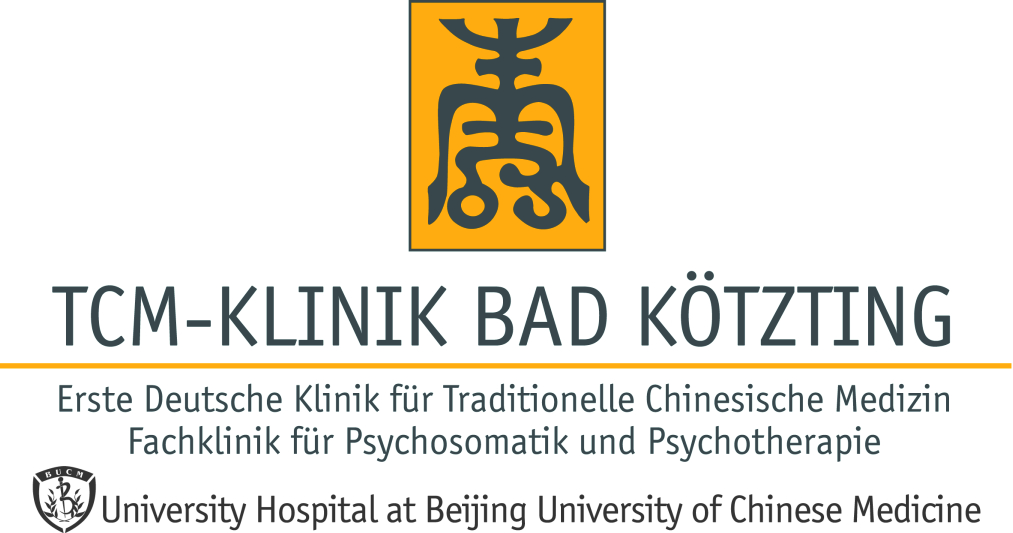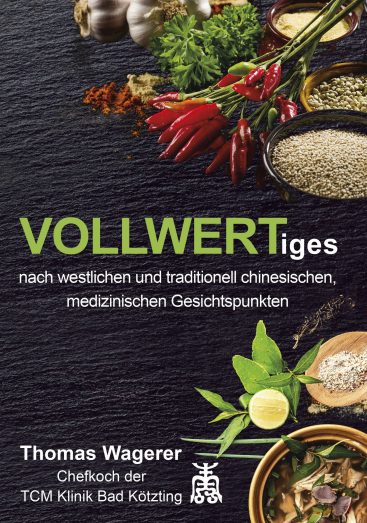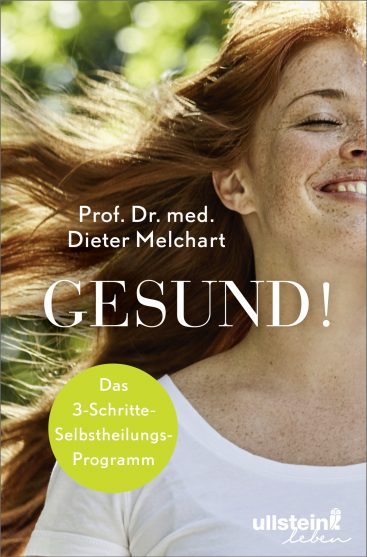Study results
In the course of our almost 25 years of research, we have found that we can treat a variety of diseases with the help of TCM therapies. Unfortunately, we cannot guarantee success. The individual effects of the living and working environments of our patients are too extensive.

As part of the QS survey, patients are asked three global assessments of their previous treatment at the end of their stay in the clinic. Here, 66.2% (2017) and 68.4% (2018) of the patients rated the overall success of the therapies when leaving the clinic as good or very good, 30.6% or 28.1% as moderate and 3.2% or 3.5% were unable to determine whether the treatment was successful.
In addition, the vast majority of patients leaving the clinic believe that the treatment has paid off (94.6% and 95.1%, respectively).
With regard to our own expectations, it can be seen that 61.5% and 59.5% of the patients regard their expectations when leaving the clinic as completely or largely fulfilled. 30.5% and 32.6% estimate their expectations as only partially fulfilled and 7.9% of the patients were disappointed in their expectations and consider these to be rather not or not at all fulfilled.
Also in the context of the QS survey about 6 months after the hospital stay, the patients are asked about the global assessments described above regarding the previous treatment.
22.5% of the patients rated the overall success of the therapy on follow-up as very good, 41.0% as good and 26.9% as moderate. 9.7% of those questioned were unable to determine whether the treatment was successful at this point. The vast majority of patients also believe that the treatment was worthwhile (88.2%).
In this context, 48.3% of the patients see their expectations of the forms of therapy used as completely or largely fulfilled. For 33.9% of patients, expectations were only partially met. Disappointed expectations can be assumed in 17.7% of the patients. In the follow-up survey, they indicated that their expectations were rather not met or not at all.
Complete overview of the therapeutic effects
| good/very good results | |||
| Diagnosis | n | 4 weeks after therapy | 12 months after leaving the clinic |
| Migraine | 441 | 60,1 % | 52,9 % |
| Diziness | 38 | 36,8 % | 55,0 % |
| Chronic bronchitis | 49 | 43,1 % | 62,5 % |
| Asthma | 135 | 63,7 % | 68,6 % |
| Psychosomatic dysfunction | 46 | 50,0 % | 70,0 % |
| Cervical spondylosis | 164 | 52,7 % | 67,0 % |
| Lumbar spine syndrom | 376 | 62,7 % | 51,7 % |
| Tinnitus | 18 | 33,3 % | 33,3 % |
| Fibromyalgie | 196 | 39,3 % | 47,0 % |
| Irritable bowel syndrome (IBS) | 76 | 44,7 % | 57,9 % |
The main indications are in the area of acute and chronic pain syndromes, especially in the area of the head, support and musculoskeletal system. After only four weeks of treatment, about 60% of migraine patients report a good or very good improvement. This proportion is approx. 53% in patients with cervical spine syndrome and for lumbar spine syndrom it even is approx. 63%.
TCM is also very effective for internal diseases, especially the respiratory tract, the cardiovascular system and the gastrointestinal tract, as well as for dermatological diseases such as neurodermatitis, psoriasis, chronic hives (urticaria) and itchy psoriasis (eczema). After four weeks of treatment, about 43% of patients with chronic bronchitis rated the success of the therapy as good to very good. In asthma patients, the proportion increases to almost 64%. The success of the therapy depends above all on the patient’s own initiative (healthy lifestyle, prevention).


